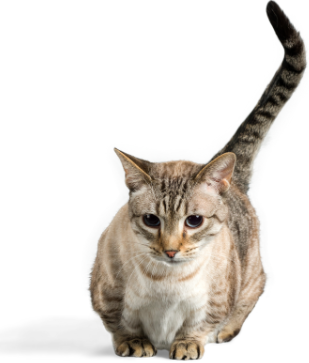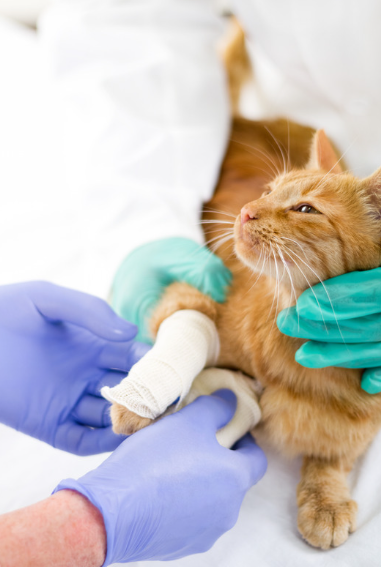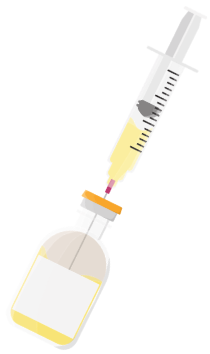
Feline Lower Urinary Tract Disease (FLUTD)
What is it?
Feline lower urinary tract disease or FLUTD describes the following group of symptoms:
- bloody urine
- straining to urinate
- urinating in unusual places
- licking the urinary opening
To effectively treat FLUTD we need to know what is causing these symptoms.

Possible Causes:
- Stress - most common cause
- Bladder stones or crystals
- Urethral blockage
- Infection (rare)
- Others
To determine the cause, we may need to do some tests including urine tests to look for crystals and signs of infection, blood tests to check the kidneys and/or imaging such as x-ray or ultrasound to check for stones.
What’s the treatment?
- pain relief and medication to help with the inflammation and spasm may be prescribed
- if infection is present, our vet may prescribe antibiotics
- if stones or crystals are present, then a special urinary diet such as Hill’s c/d or Royal Canin Urinary S/O may be recommended
-if stress is thought to be the underlying cause, the following recommendations may help:
- Increasing the number of litter trays - at least one per cat plus one extra
- Avoiding sudden changes in litter type
- Increasing water intake - water fountains, additional water bowls of varying shapes and sizes in different locations, wet food etc
- Encouraging play and environmental enrichment – toys, catnip, cat trees or beds in high places
- Using Feliway diffuser or spray – this contains pheromones that make cats feel more relaxed
- Our vet may recommend medications or a special diet to help with stress
The above accessories can be purchased on vetopia.com.hk
Urinary blockage in male cats
It is important to note that urinary symptoms in male cats can indicate a urinary blockage. THIS IS AN EMERGENCY!
If you’re not sure if your cat is able to pass urine, assume it could be an emergency and you should call us immediately.
If your cat has recently suffered from a blockage, please monitor very closely as the risk of recurrence is high.
Related Blogs




